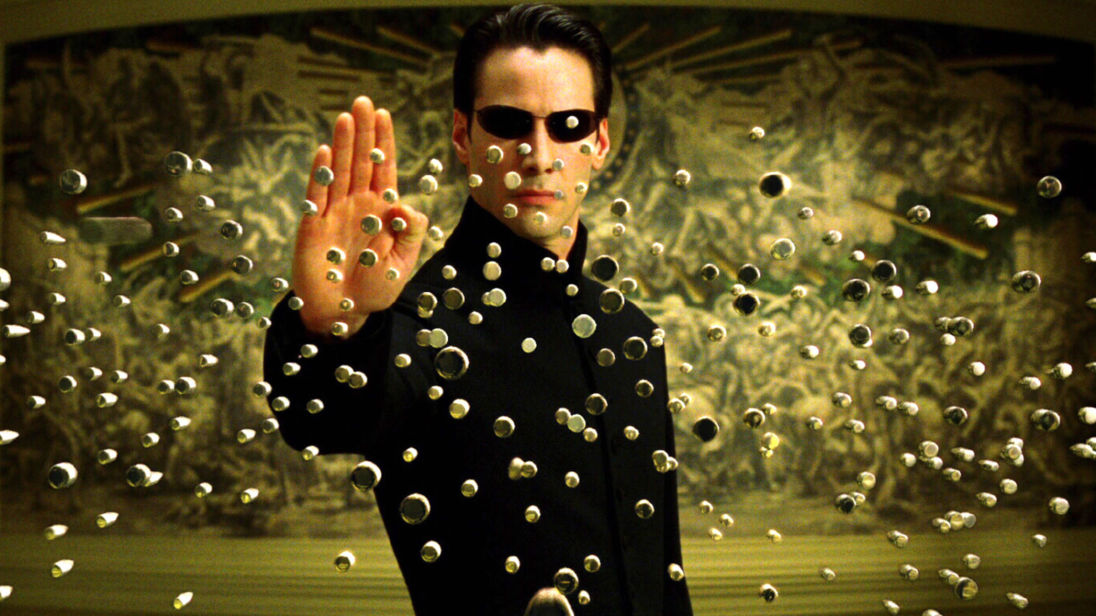
The Wachowskis burst onto the scene in the late 90s with creative and cool genre mishmashes that garnered them critical acclaim and the admiration of film fans across the globe. Of course, that didn’t last long as the middle and later part of their career was met with the complete opposite. Whatever your opinion of the duo or their films, you gotta respect the audacity to do whatever they want and challenge the masses.
Lana and Lily Wachowski (formerly known as Larry and Andy or The Wachowski Brothers) got their start in the mid-90s penning the script for the Richard Donner directed “Assassins”. Completely rewritten by Brian Helgeland, the duo disowned the film and soon branched out into directing to preserve their vision and the rest, as they say, is history.
Starting with the neo-thriller, which they made so they could get the confidence of studios and themselves to make their classic phenomenon “The Matrix”, the duo’s films are influenced by philosophical works by Cornel West, as well as writers such as Fyodor Dostoyevsky, Homer and Hermann Hesse, and directors such as Stanley Kubrick, Fritz Lang, George Lucas, Ridley Scott, John Huston, Alfred Hitchcock, Roman Polanski, among others, and various comic books and Japanese anime.
Making blockbuster movies is a tricky business and perhaps the Wachowskis had a little too much free reign, but what is art without complete artistic freedom? Nothing! When millions of dollars are involved, the Wachowskis are undoubtedly talented and at times underrated or misunderstood.
With seven films to date (plus a produced one that’s practically their own), the future seems uncertain for the Chicago duo (especially when big budgets are concerned), but we look back at one of the most polarizing and unique filmmaking teams to grace the big screen in modern times. And ironically this list is just that…
8. Jupiter Ascending (2015)
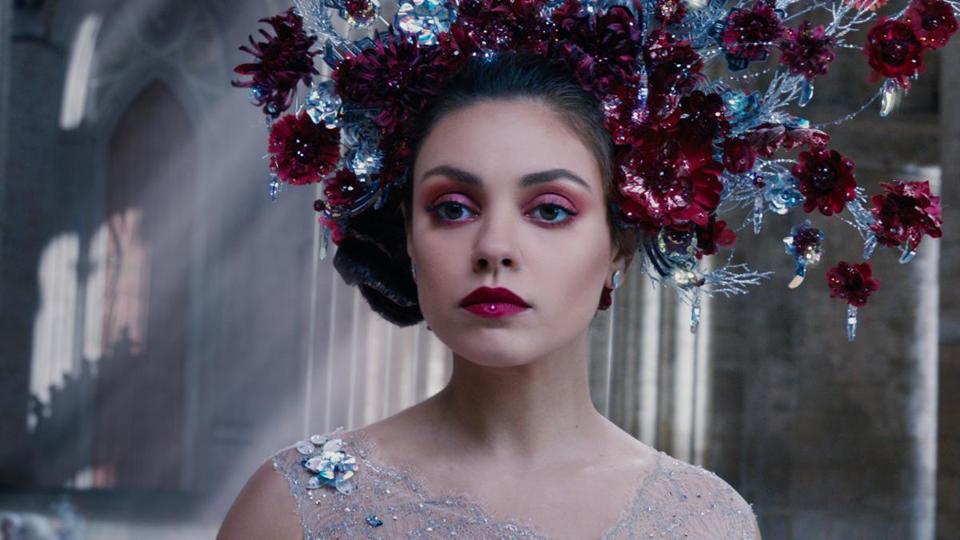
The film that made Warner Bros. lose all hope in the Wachowskis is not that bad, but it isn’t that good either. Their latest yarn tries to bring something different to the table while serving up the same old predictable archetypes that worked well in “The Matrix”, but it fails to connect here.
Mila Kunis plays Jupiter Jones, a normal cleaning lady (if anyone buys that) who finds herself entangled in an intergalactic family feud between three brats who want control over Earth in a lucrative harvesting business. Enter Channing Tatum’s Caine, a genetically engineered wolf-like hunter tasked with tracking her down, but chooses to help her and informs her of her genetic signature, which makes her Earth’s rightful heir.
The Wachowskis are master world builders and they do a serviceable job on this, but the main problem is the incoherent script, which jumps all over the place. The overall story is easy enough to understand but there are times when characters give a monologue without the slightest inclination to what they’re talking about (especially when Eddie Redmayne is on screen). You never for a second buy into the film’s urgency or sense of danger, and the tone flip-flops through different feels that never come together.
The visuals are amazing as always, aside from the over-reliance on special effects and action sequences that go on and on and on and on and on. This wouldn’t be an issue if they were exciting to begin with, but there’s so much falling that it starts to feel repetitive. The chase sequence through Chicago went from an early highlight to – when will it end?
Next on the chopping block is the acting, which for the most part is good. Kunis is especially charming and an easy heroine to root for even if parts of her life feel like a romantic comedy. Tatum is perfect as Caine and Sean Bean (who doesn’t die!) brings a certain warmth to the proceedings. No idea what Redmayne was aiming for as the film’s main villain (something with Mellon Collie?) but it earned him a Golden Raspberry Award for Worst Supporting Actor and we can’t completely argue with that.
All in all, “Jupiter Ascending” is a fun film if you keep your expectations in check. Awesome visuals, special effects, score, and some okay acting even if the script ultimately lets it down. Flipping the hero troupes around where the woman is not the sex object, love interest or supporting character is a nice twist; it still ends up succumbing to the same old clichés.
7. V for Vendetta (2005)
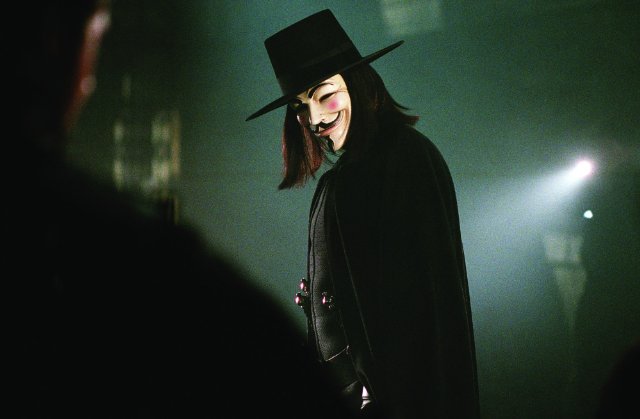
Handing over the reins to the first assistant director of “The Matrix”, James McTeigue makes a brilliant debut; however, “V for Vendetta” is still a Wachowski film through and through (sorry John).
Based on Alan Moore’s limited series, Hugo Weaving plays V, a masked anarchist freedom fighter who uses terrorist acts to start a revolution in fascist-occupied London. Natalie Portman plays Evey, a young woman who V saves and soon finds herself caught up in V’s rebellion.
Adaptations of Moore’s work have been more miss than hit and this leans more toward ‘hit’, even if it barely scratches the surface of Moore’s work. Portman and Weaving are a fine duo. Portman is the heart and soul of the film, a fearless portrayal that the viewer can connect to and get behind. Her chemistry with Weaving is what ultimately makes the film work.
Doing more from behind a mask, Weaving is his usual scene-stealing self, giving V an aura and presence where you’re able to tell every emotion and thought behind the iconic Guy Fawkes mask. Infectiously charismatic, the actor embodies his character well with mannerisms and voice.
They’re backed up by a game cast which includes Stephen Rea, Stephen Fry, and the late great John Hurt. James McTeigue’s direction is able and low key with obvious influence from the Wachowskis. You couldn’t ask for a better film to debut with and McTeigue definitely seizes the opportunity. It’s backed by a strong script from the Wachowskis that proves that they can be just as good behind words as they are behind the camera. A particular scene with Valerie’s letter tugs on the heart strings in ways the Wachowskis never have before.
With political themes of freedom, totalitarianism and revenge, one wishes that the film went deeper with its premise but there isn’t much to complain about, especially when compared to other Moore adaptations.
6. The Matrix Reloaded (2003)
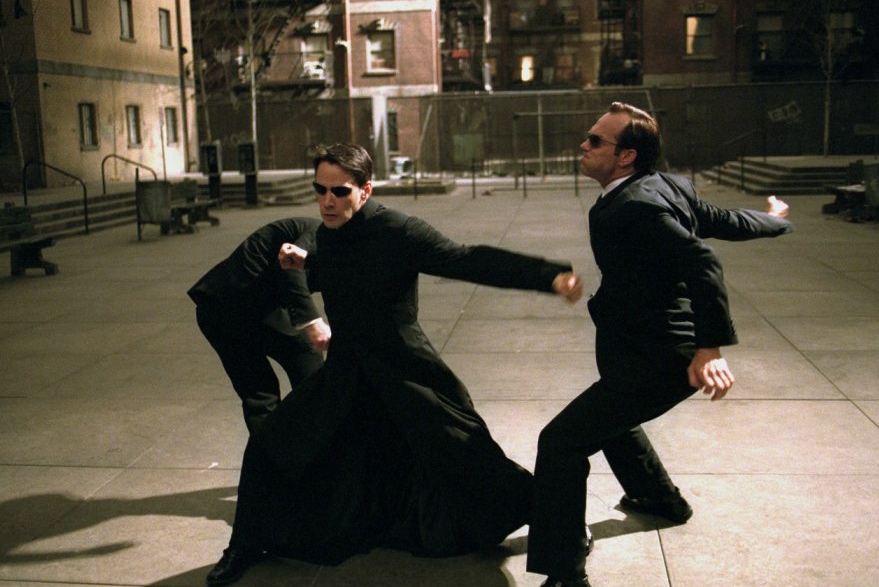
Fever pitch was high back in 2003 when fans finally got the sequel they were clamoring for, only to be disappointed. To be honest, the ‘Matrix’ sequels are incredibly underrated; they have their flaws, yes, but they’re not the trash that many people seem to think they are. In fact, they form part of one of the greatest trilogies ever made! You can ready your pitchforks and arguments…
Picking up where the original left off (or rather were “The Animatrix” left off), Neo has fully come into his own as “The One”. We’re finally introduced to Zion and a whole host of characters as the fight to save the human race enters its final stages.
Shooting the sequels back to back perhaps wasn’t the greatest idea, but then again it may have forced the Wachowskis to divert from their original vision (which would’ve been a good thing as many fans will like to argue).
The duo was under immense pressure with the sequels, with word around the campfire being they didn’t get the full amount of time they initially wanted. But still, for the most part, they delivered.
The sequels do have their flaws, especially when Zion is concerned. The scenes there feel awkward for the most part and the less said about that cringe-inducing celebration-dance sequence, the better. The romance between Neo and Trinity does have its moments of soap opera sappiness and would’ve benefited from more streamlining than just jumping to the thick of it. And we may still have a problem with Neo using his abilities outside of the Matrix.
The new characters played by Jada Pinkett Smith, Nona Gaye and Harry Lennix and the whole council ordeal don’t fare any better. But the original gang played by Keanu Reeves, Laurence Fishburne, Harold Perrineau and Hugo Weaving (now an army) are excellent as ever.
So what makes it underrated? Well, the action sequences are as thrilling as ever, even if it feels like Neo is an unstoppable being at this point. It may take a while to get going in that regard but the final half–hour and climax show us why the Wachowskis are master action directors.
Yuen Woo-Ping definitely delivers in the fight scenes that made the original such a delight. But there’s more to these sequels than just the action. The philosophical ramblings that gripped viewers the first time round had many losing their patience, but they’re expertly done and just as interesting, taking us further into the maze. The scene with the Architect is a particular highlight and delivers the greatest dialogue the Wachowskis ever penned.
Delivering more questions than answers, there’s a lot going on beneath its surface than just pretentiousness. If you’re willing to leave behind any notions of what the original offered or what you initially expected, “The Matrix Reloaded” is a fun ride that is severely misunderstood, underrated, and something we’ll likely never see again in Hollywood blockbusters.
5. The Matrix Revolutions (2003)
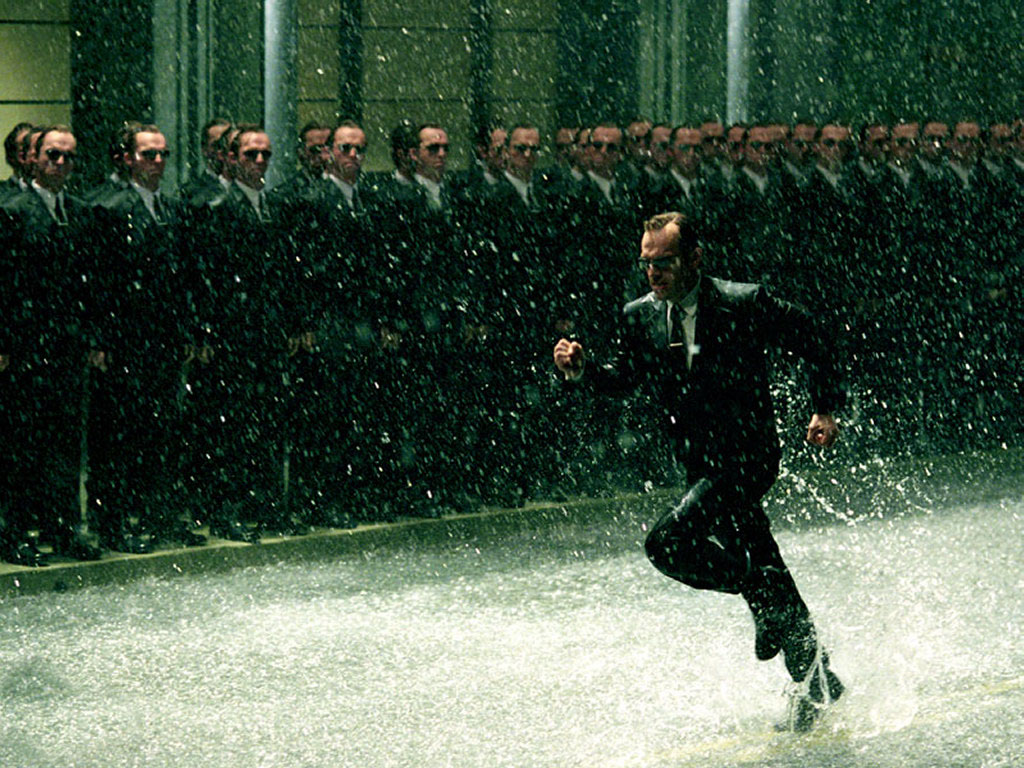
While “Reloaded” earned generally positive reviews, “The Matrix Revolutions” saw everyone jumping ship if they even bothered to climb aboard for the third time. A thrilling film that improves on its predecessor flaws and delivers a satisfying conclusion to the saga.
With Neo trapped in limbo, Zion tries to hold off the machines just long enough for him to return and lead them to victory. Meanwhile, Agent Smith has plans of his own as he continues to spread across the Matrix.
The biggest problem with the sequels is their continuity, basically being a two-part finale. While the original can stand on its own, the sequels can’t say the same. They have to be watched and succession and many didn’t take kindly to the “to be concluded…” cliffhanger at the end of “Reloaded”.
Finally delivering the man vs. machine premise we’ve been promised since the first part, Zion, at last, gets interesting as it turns to full out war. The Wachowskis have a tighter grip on the story and new characters have something to do besides bicker and throw doubt around.
“Revolutions” delivers the same spectacular visuals and goosebump-and-hair-raising score as “Reloaded”. Where it improves is the character arcs, pacing, and general threat. Carrie-Anne Moss was always one of the highlights of the series and Trinity kicks ass as usual, but we get more heart and emotion from the heroine this time around. We even get some backstory on the mysterious Morpheus, which probably does more harm than good.
The battle in Zion does feel overdrawn, but the final act where Neo finally realizes his prophecy delivers on all that was promised in the beginning. A fight to end all fights, Neo vs. the Smith army is one of the best moments across the whole series that many sadly missed out on. The Wachowskis direction gives it an urgency of biblical proportions.
The original will always be the best and the sequels do have their issues (people have raved about worse), but along with “The Animatrix” (which should’ve been turned into a series of its own), “The Matrix” series is a fun franchise that doesn’t deserve all the hate.